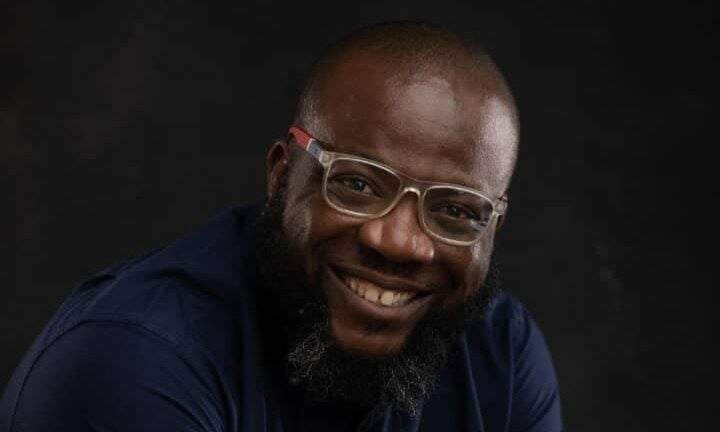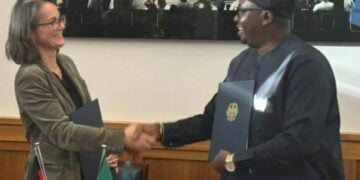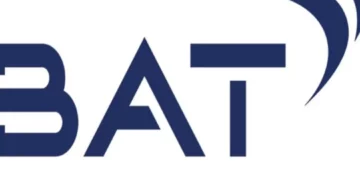Marketing communications expert, Anietie Udoh, has called on Nigerian communications professionals to evolve from tactical operators to strategic leaders if they intend to remain relevant and globally competitive in today’s fast-changing creative economy.
Udoh, the divisional director, Marketing, at Marketing Edge Publications, said Nigeria’s communications and advertising industry, valued at about $725 million in 2023, continues to expand on the back of rapid digital adoption and a tech-savvy, youthful population. However, he warned that growth in size must be matched by growth in strategic capacity.
According to him, many practitioners still limit their roles to routine functions such as producing campaigns, securing media coverage, and running advertisements. “When benchmarked against global standards, we still operate largely at the level of tactical execution rather than strategic leadership,” Udoh said, stressing that the problem is not a lack of talent but a shortage of professionals who can “translate local authenticity into globally resonant narratives.”
He argued that the world no longer rewards imitation but originality, noting that Nigerian storytelling, anchored on resilience, creativity, and humour, has a unique rhythm that resonates globally.
“Our stories, shaped by our lived realities, are assets,” Udoh said. “A Lagos-based strategist who understands the informal economy or a PR consultant in Abuja who grasps grassroots mobilisation holds insights that a foreign consultant cannot replicate.”
Udoh urged Nigerian communicators to use data and analytics in crafting authentic narratives, saying that modern communication is “no longer driven by intuition alone; it is shaped by insight.” He cited Nigeria’s over 122 million internet users and the dominance of social media, which drives more than 60 per cent of advertising impressions, as proof that a data-driven approach is now indispensable.
“To stay globally competitive, Nigerian communicators must invent structured frameworks for data-driven storytelling,” he said, adding that true competitiveness lies in combining emotional intelligence with analytical precision. “Data literacy does not mean abandoning creativity; instead, it refines it,” he noted.
Udoh also emphasised the need for communicators to understand business strategy and contribute meaningfully to corporate decision-making. “Professionals must be able to sit with the CEO and shape what a company says and how it behaves,” he stated.
Udoh concluded that global competitiveness requires a redefinition of success beyond client numbers and awards to focus on impact. “The ultimate goal should be impact, how our work changes perceptions, builds trust, and drives progress,” he said. “Nigerian communicators must see themselves as nation builders. Every campaign we craft, every brand story we tell, contributes to how the world sees us as a people.”





